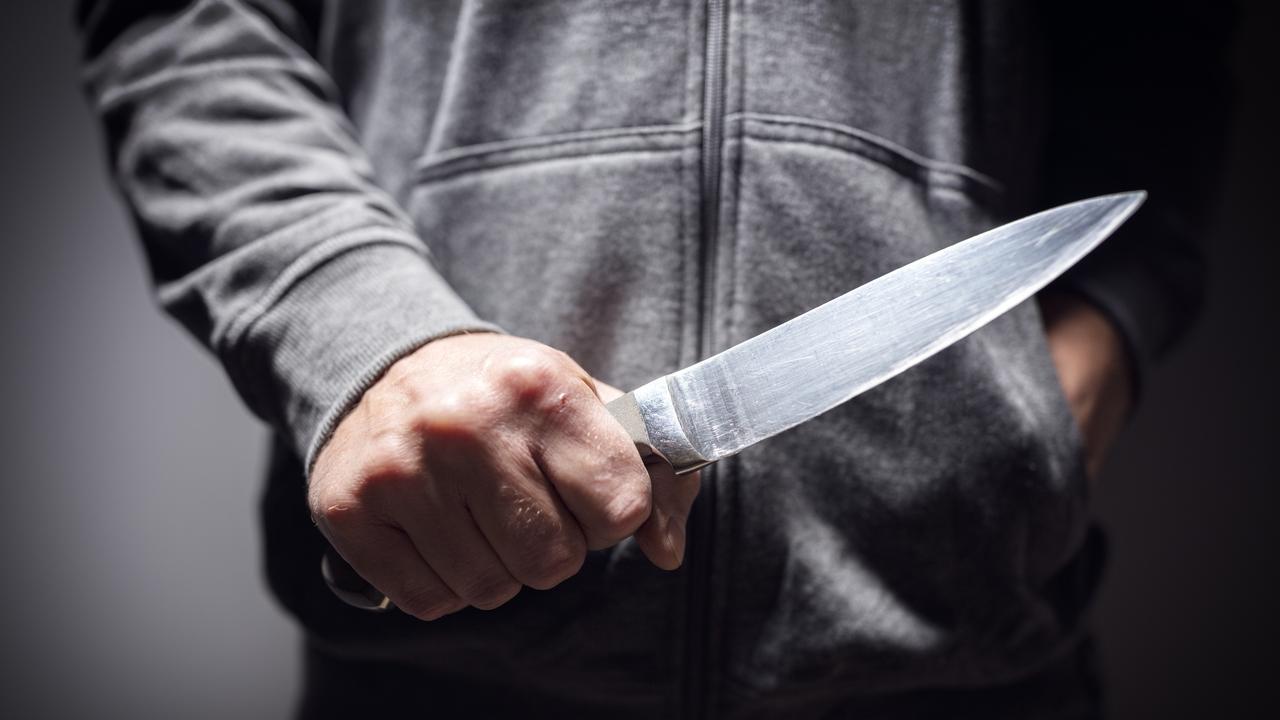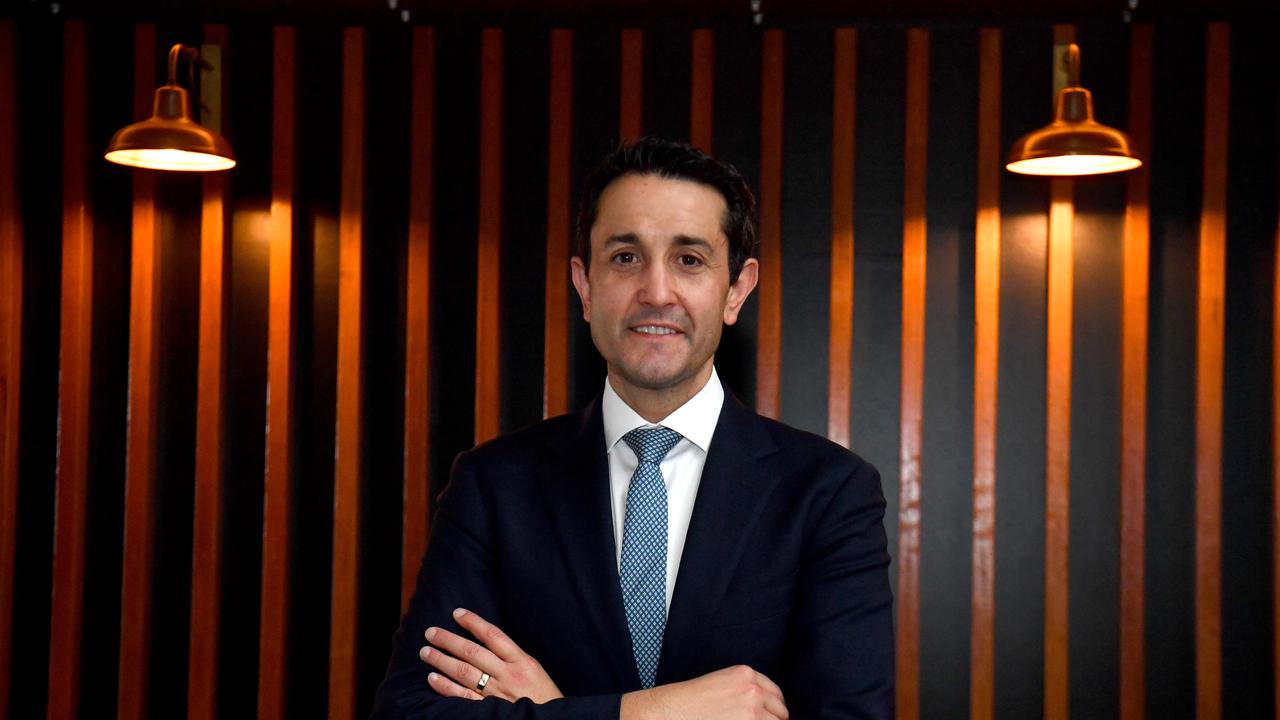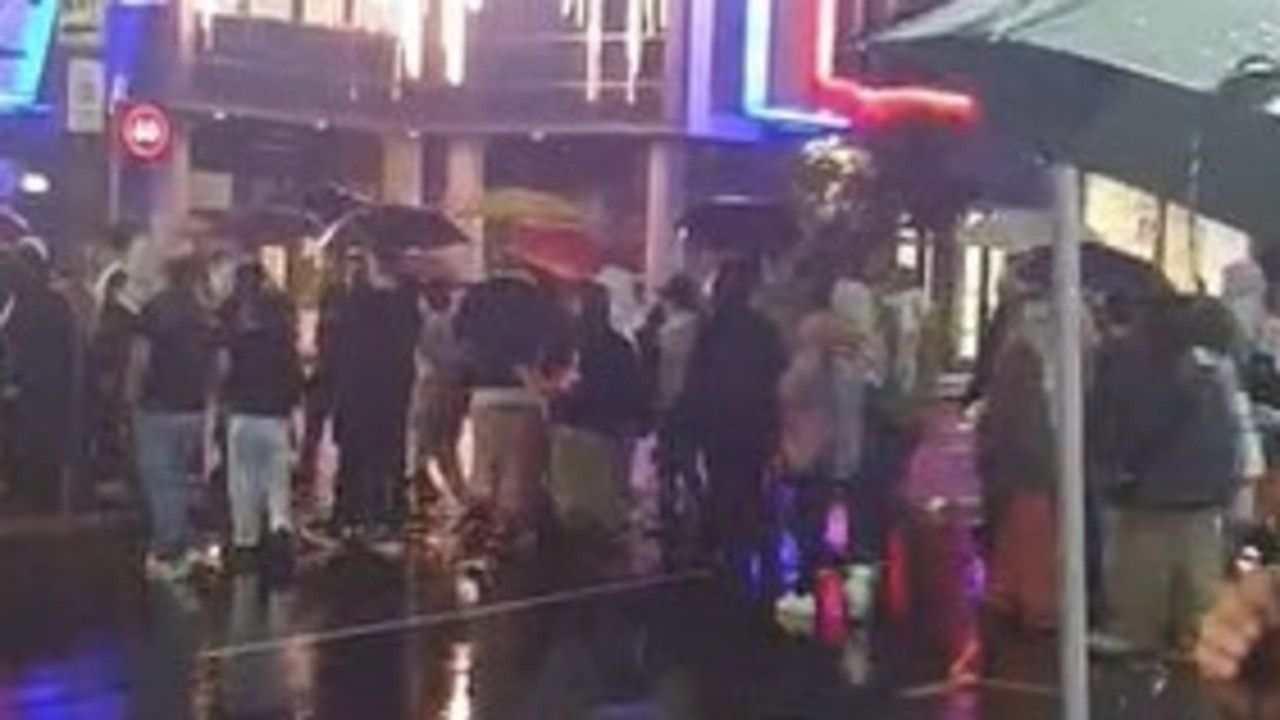Madonna King: Is blaming parents solving youth crime?
It’s easy pointing a finger at someone else when it comes to parenting, writes Madonna King.

Opinion
Don't miss out on the headlines from Opinion. Followed categories will be added to My News.
It’s easy pointing a finger at someone else, to make ourselves look good.
And there’s no better example than with parenting, where we are all experts ready to pass judgement. We see parents of naughty five-year-olds, and think they should know better.
And talk about the parents of 14-year-old truants, who obviously have no control over their teenager. We steer clear of parents of underage drinkers, who just aren’t tough enough.
And the parents of those children who tonight will break into a home, with a knife at the ready, to wage war on a suburban family?
Well, they should pay the price, shouldn’t they? Be charged. Be hauled before a court, and found guilty of appalling parenting.
In that world, Stacey – the mother of a 14-year-old repeat offender – would cop a lengthy sentence. Her marriage failed. Her children were forced to travel between different homes. And one of them fell through the cracks.
That’s Tom, whose story you can read in today’s Sunday Mail; a child, who stole birthday presents at seven, began bullying and assaulting others at 10, and now – at just 14 – has amassed a rap sheet that runs to pages.
So let’s turn the blow torch on Stacey, his mother – and we all might feel better.
But what exactly does that achieve?
Stacey is a victim of youth crime – just as those whose homes have been invaded, and their cars stolen.
Tonight, she’s sitting at home just as scared as those locking their front doors.
Her son is out of control. Embarking on a crime spree across suburbs that will – she believes – end up with someone dying.
And there’s nothing she can do.
She’s tried. The first time, after she found money hidden in his toy box, she took him to the local police, for counselling.
And then she started fortnightly visits to a psychologist.
She cooked with him. Gardened with him. Tried to understand why he would go from zero to 100 in seconds, hurting anyone in his way.
She imposed disciplinary measures, tried to encourage her ex-husband to adopt similar rules, and pleaded with her son to talk to her.
Stacey looked for programs to help her son, but was turned away because, at 10, he was too young.
They told her to come back when he was 14, she says.
But now he’s 14, it’s too late.
Is that Stacey’s fault?
No. She – and Tom – have been abandoned by an inflexible system that offers the soft touch of a social worker and the arrest powers of a police officer – and nothing in between.
A system where underfunded youth workers say so many other parents are lost, just like her.
A court system where prosecutors don’t have all the facts, or reports, to provide judges with the evidence they need.
Judges, who understandably look at a 10-year-old, and believe in the power of a second chance. And do it again for the same child at 11, and 12 and 13.
And now at 14, where second chances have been handed out a dozen times.
This is Stacey’s problem, at a micro level. But at a community level, this is Premier David Crisafulli’s problem. Elected on the back of a perceived youth crime wave, he promised to fix it. ‘Adult time for adult crime’ became a mantra that changed votes, and a government.
But the rubber’s now hitting the road with the same speed as some of those stolen cars, flying through Brisbane’s airport tunnel tonight.
And the problem remains. Perhaps instead of judging Stacey, and other parents in her situation, David Crisafulli should invite them into his office, and find out how the taxpayer-funded system might make the community safer.

Adult time for adult crime was a cheap slogan that didn’t offer a young child a chance to learn, Stacey says. But 100 chances, with no consequences, meant children were becoming hardened criminals. The middle ground appears to have been lost in an avalanche of judgement that is making no-one safer. Perhaps a good start might be alerting parents when a child has been charged and is due to appear in court.
Or ensuring prosecutors have all the relevant information in front of them, before grandstanding in front of a judge.
Or judges understanding that a curfew means nothing, if a parent is physically unable to restrain a child.
Or that giving them a get-out-of-jail-free card is not helping them; it’s just allowing them to head back to the streets, to practice their craft. It might make us feel better to target Stacey and others like her. But it’s not going to make us feel safer.
More Coverage
Originally published as Madonna King: Is blaming parents solving youth crime?









